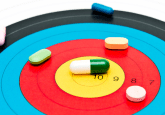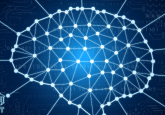The future of artificial intelligence-based remote monitoring devices and how they will transform the healthcare industry

Future Cardiology, our partnered journal, has recently published an editorial discussing the potential of AI-based wearable medical devices that can monitor heart health and detect heart conditions. AI technologies such as these can contribute to improved patient outcomes and quality of life by enabling faster diagnosis and clinical decision support.
Introduction
The use of artificial intelligence (AI)-based healthcare systems and technologies has improved treatment outcomes and patient experiences. The pandemic has accelerated the uptake of emerging technologies and AI systems in order to meet increasing healthcare demands and continue health services remotely.
Technology has played a critical role in meeting healthcare demands during this pandemic. In particular, the rise in use of wearables and medical devices are helping improve access to care and reduce unnecessary hospital admissions. According to the WHO, cardiovascular diseases are the world’s leading cause of death, accounting for millions of deaths per year. Heart attacks and strokes account for four out of every five cardiovascular deaths, with a third of these deaths occurring before the age of 70 years [1]. AI and wearables can play an important role in reducing the burden of cardiovascular diseases, improving the effectiveness of care pathways and optimizing treatment [2].





